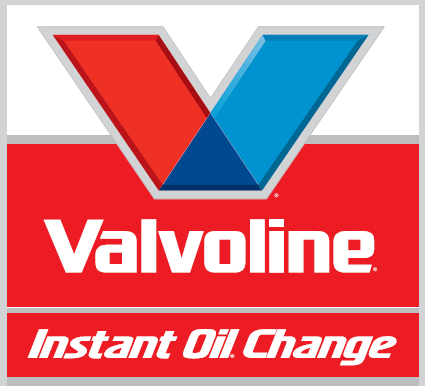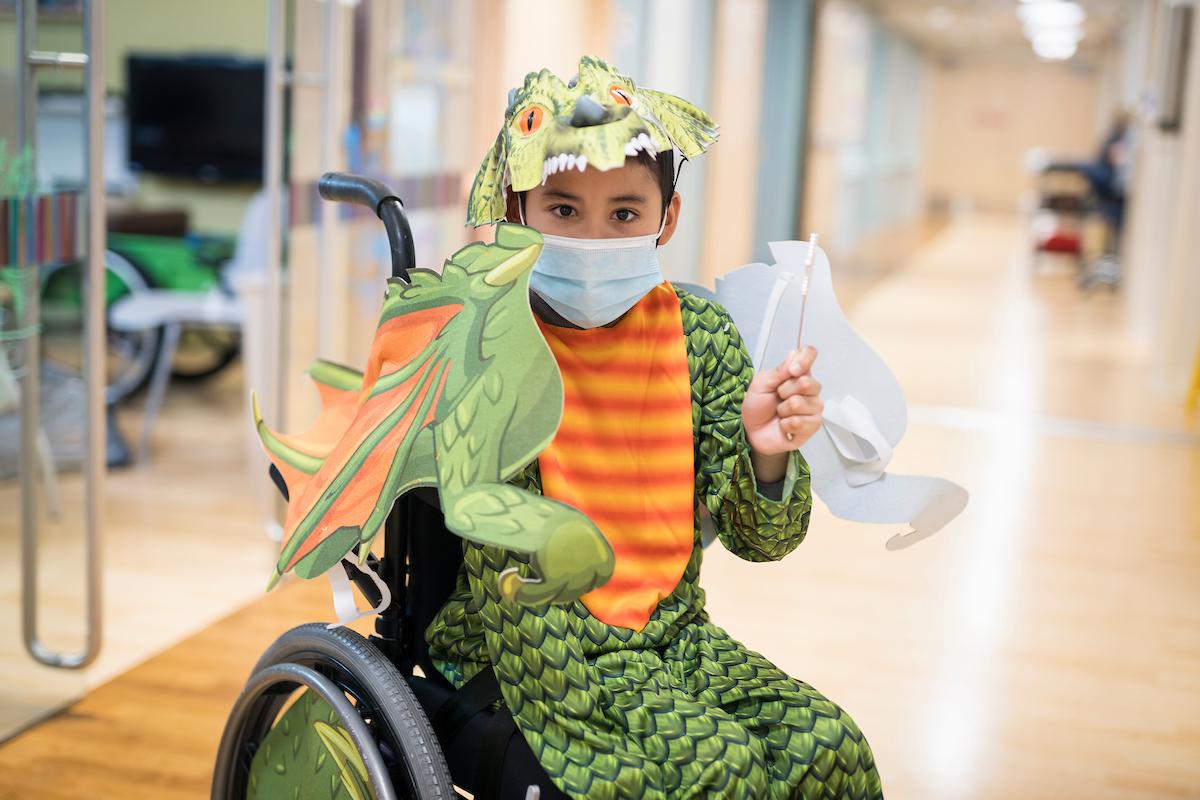Legislation Would Make Minnesota State Parks Accessible to All
Editor’s note: Check out MSN’s coverage of this story!
With the onset of spring and summer in Minnesota comes anticipation for time spent in the great outdoors. For many Minnesotans this includes visits to our state’s 75 state parks and recreation areas.
For individuals who use assistive devices for mobility, accessibility barriers can create limitations. The majority of Minnesota’s state parks have key park amenities that remain inaccessible or only partially accessible to people who have disabilities. William O’Brien State Park, for example, has an accessible picnic area but the closest restroom is unusable for a person using a wheelchair, walker or scooter. Fort Snelling State Park does not have an accessible path to the shelter and restroom on Picnic Island.
 Today Gillette Children’s Specialty Healthcare joined with the Minnesota Department of Natural Resources (DNR) and the Minnesota Council on Disability to advocate for accessibility improvements. Legislation currently up for consideration (HF3549/SF2963) would secure funds needed to bring four Minnesota state parks—William O’Brien, Fort Snelling, Minneopa and Nerstrand Big Woods—into compliance with Americans with Disabilities Act (ADA) standards. The accessibility improvements would include renovations to restrooms, picnic shelters, campsites and nature trails.
Today Gillette Children’s Specialty Healthcare joined with the Minnesota Department of Natural Resources (DNR) and the Minnesota Council on Disability to advocate for accessibility improvements. Legislation currently up for consideration (HF3549/SF2963) would secure funds needed to bring four Minnesota state parks—William O’Brien, Fort Snelling, Minneopa and Nerstrand Big Woods—into compliance with Americans with Disabilities Act (ADA) standards. The accessibility improvements would include renovations to restrooms, picnic shelters, campsites and nature trails.
Katie Allee, a 16-year-old Gillette patient and student at Wayzata High School, voiced support for the legislation during a media event held at William O’Brien State Park in Marine on St. Croix, Minnesota. “I think it’s really important to have parks that everyone can enjoy, whether it be the elderly, people who use wheelchairs and other devices, or parents of young children who use strollers. It’s great that we’re able to advocate for these things, and it’s important to know how difficult everyday things can be when it’s tricky just to get around the park.”

Children and adults who have disabilities deserve the opportunity to enjoy our state’s beautiful parks and recreation areas,” adds Barbara Joers, Gillette’s president and CEO. “Experiencing the outdoors benefits our patients’ health and well-being, as well as entire families who want to experience nature together.”
If you would like to help move this legislation forward, please contact your two state legislators (your MN House member and your MN Senate member) and urge them to support the state parks disability accessibility improvements provisions in the House and Senate Capital Investment bills. The 2018 Minnesota legislative session must conclude by May 21 so now is the time for your voice to be heard.
Find contact information for your legislators here. Please share your home address with them and let them know that you are a constituent.





